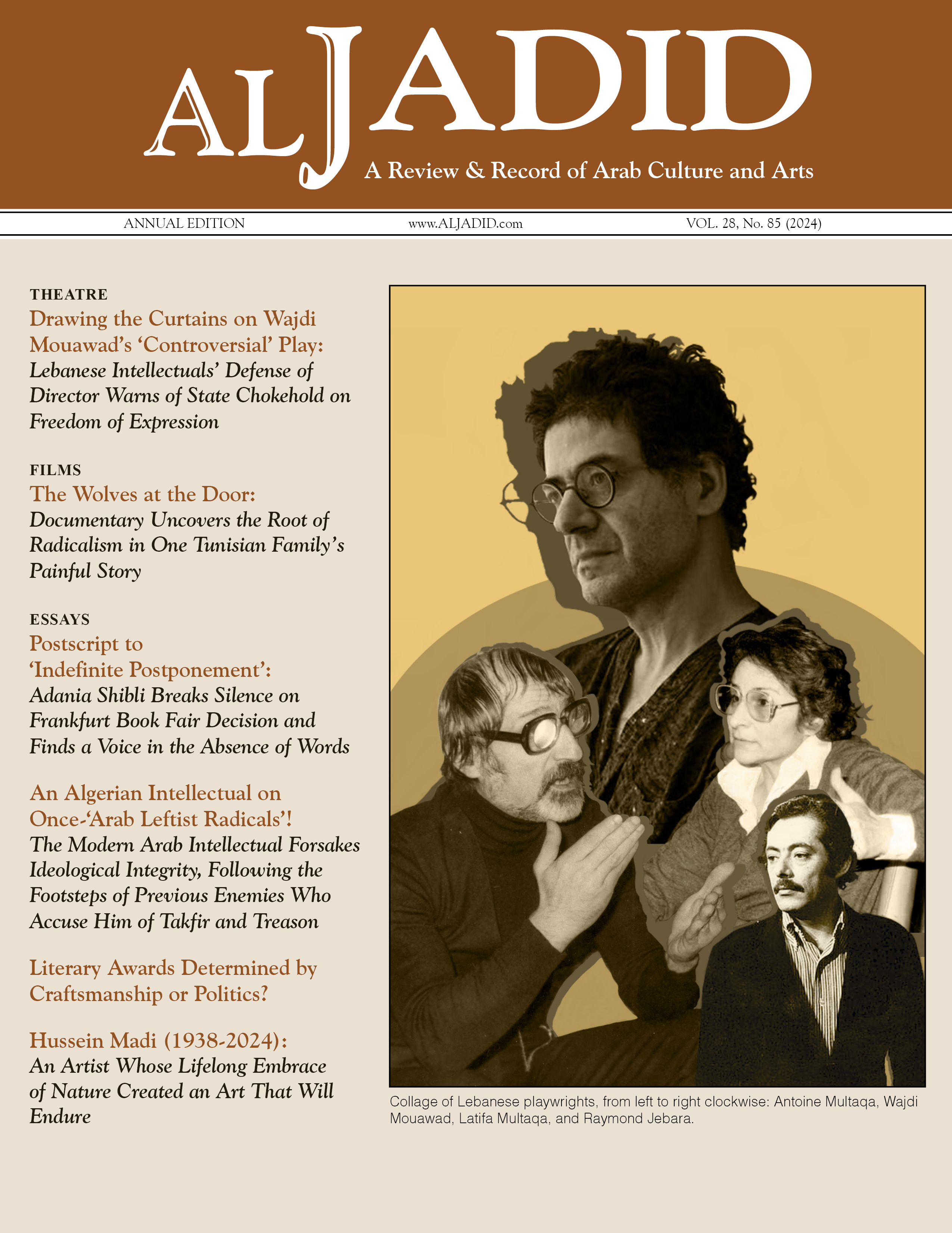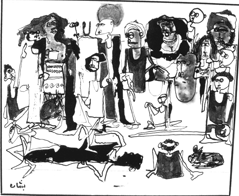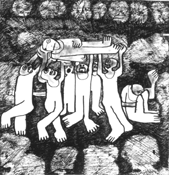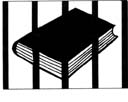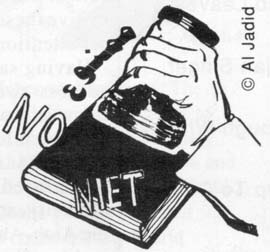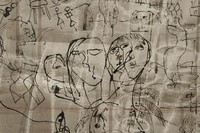Ignorance, Inexperience Hallmarks of Two Syrian Presidents
It was mere coincidence that I watched an interview with the late Syrian President Amin al-Hafiz (1921-2009), conducted by Ahmad Mansour as a part of his re-run series of Shahed Ala Al-Asr on Al Jazeera network. At the same time, the news of Bashar al-Assad's interview with the Lebanese-British journalist Hala Jabber in the Sunday Times had drawn a lot of attention. What caught my attention was the unashamedly low level of political knowledge and experience that was an overt presence in the statements of both men.

